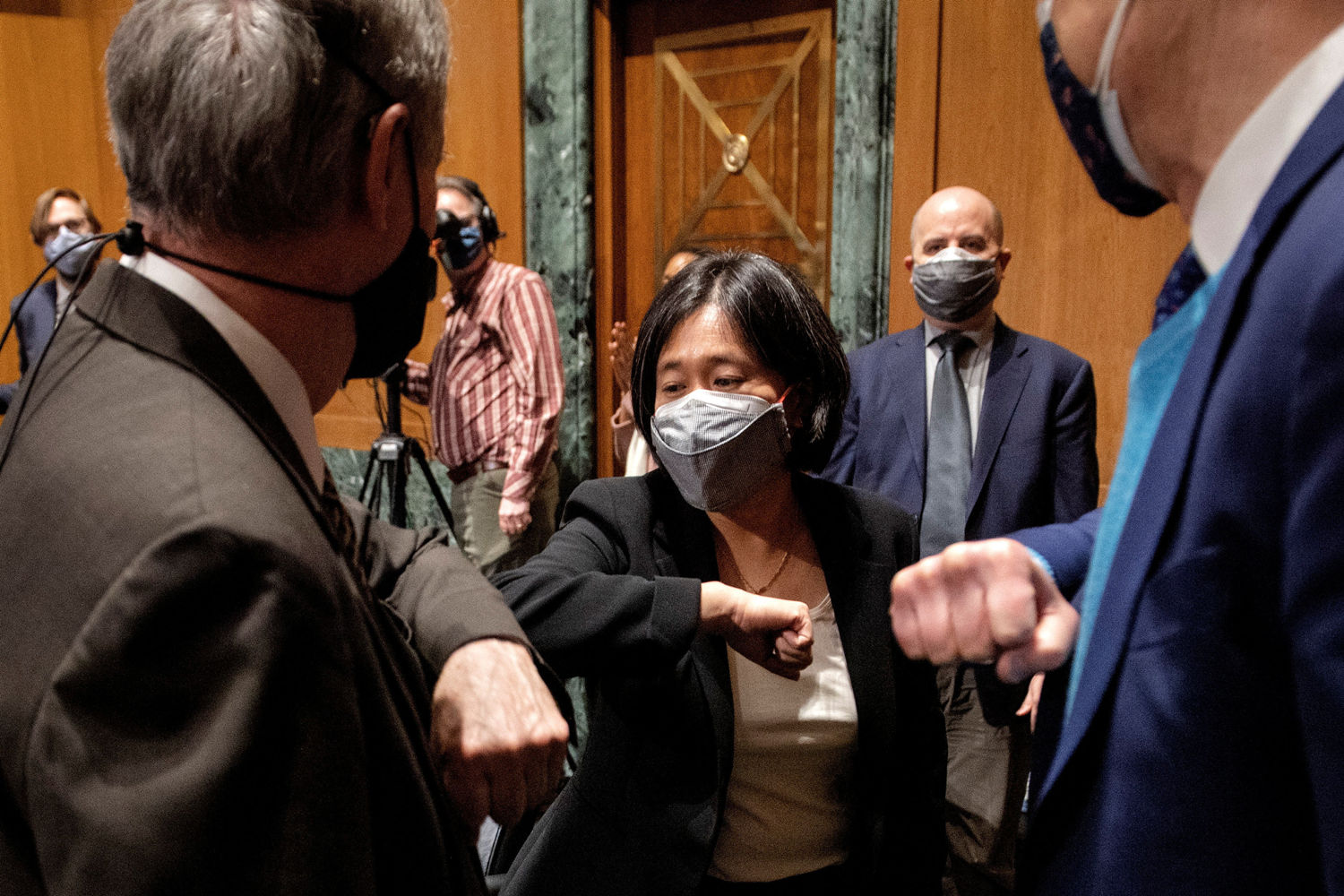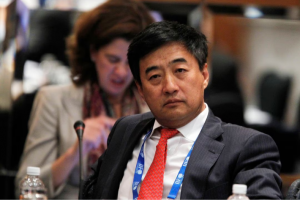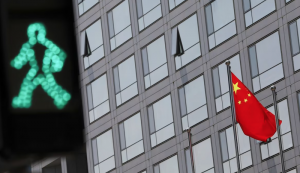(ATF) China’s hopes for ending tensions with Washington suffered a blow on February 25 when the new administration’s nominee for US Trade Representative said tariffs were a valid negotiating tool and vowed to hold Beijing to its commitments.
Katherine Tai also told a Senate committee scrutinising her nomination that there were no plans for the US to reconsider membership of the 12-nation Trans-Pacific Partnership (TPP), a trade grouping backed by the administration of Barack Obama but never ratified by Congress.
“Tariffs are a very important part of our fair trade remedies toolbox,” Tai said, signalling the new US team had no plans for an about-face from the Trump administration’s aggressive actions. She also stressed that she would aim to repair trade relations with American allies which suffered under the hardline “America First” policies of former president Donald Trump.
Tai has been hailed as a positive choice by analysts. “[She] is a good example of the moderates and pragmatists likely to smooth geopolitical tensions, reduce though not eliminate trade tensions with China and, importantly, remove the risk of trade wars widening,” said Daniel Salter, head of emerging and frontier markets equity strategy at Renaissance Capital in London.
Tai, whose parents were born in China and moved to Taiwan before emigrating to the US, is likely to sail through the nomination process. A lawyer educated at Yale and Harvard, she has extensive experience as a trade negotiator and has wide support from both Republican and Democratic lawmakers.
REWRITING THE RULES
She said she would work to ensure that China meets its commitments under a January 2020 trade accord between Beijing and Washington.
“We have to acknowledge that we have … a very significant global marketplace problem in the steel and aluminium markets that are driven primarily by China’s overcapacity,” Tai said. “But it’s not just a China problem.”
Tai also called for a revamp of global trade rules to eliminate what she called “grey areas” exploited by China and end a “race to the bottom” that she said had hurt the interests of workers and the environment.
She helped negotiate the US-Mexico-Canada Agreement in 2019 to include more stringent labour and environmental standards.
“For a very long time our trade policies were based on the assumption that the more we traded with each other, and more liberalised our trade, the more peace and prosperity there would be,” Tai said, adding that trade liberalisation in the past too often led to less prosperity, and lower labour and environmental standards.
Tai told senators that legal tools are needed to better protect American intellectual property. Another priority, she said, was assessing China’s use of forced labour in the Xinjiang region.
The nominee rejected a return to the TPP, which originally included the US, saying the world had changed significantly since the Obama administration agreed to it in 2015. Washington, she added, would cooperate with other countries in Asia on trade, and work to improve the World Trade Organisation’s effectiveness.
With reporting by Agence France-Presse and Reuters
























